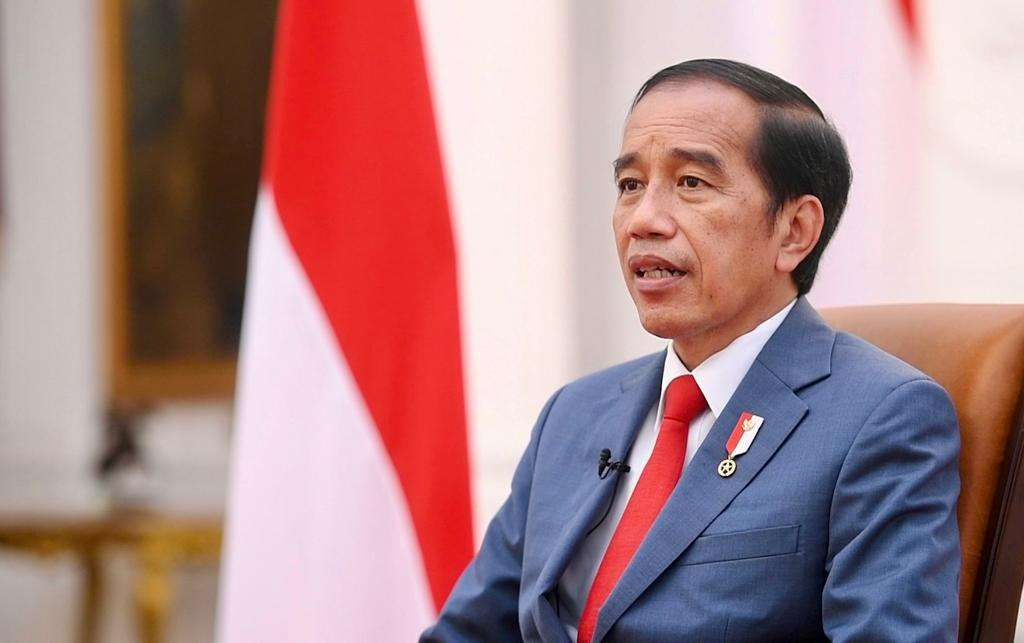SEAToday.com, Jakarta-Several earthquakes vibrate Indonesia around 2024, including three earthquakes in Sumedang, West Java on December 31, with a magnitude of 3.4 to 4.8 followed by an earthquake in Lebak, Banten on January 3, with a magnitude of 5.9.
Responding to this phenomenon, the Volcanology and Geological Disaster Mitigation Center said on Wednesday (1/3) that the earthquakes were triggered by Indonesia's geological location, which is the meeting point of the four world's active tectonic plates. The tectonic plates are the Indo-Australian plate in the west, the Philippine plate in the northern east, the Eurasia plate in the north to south, and the Pacific plate in the east.
The tectonic plates collide with each other and produce some active faults which later become the source of earthquakes and tsunamis that spread to nearly all islands in the country except Kalimantan, East Sumatra, and North Java.
The tectonic activity does not produce tsunamis but has a chance to increase the volcanic activity in the volcano, especially an eruption.
As a result, several volcanoes in Indonesia erupted, including the Lewotobi volcano in Flores, East Nusa Tenggara on January 1, and the Dukono volcano in Halmahera, North Maluku on January 3.
To minimize the casualties, the Volcanology and Geological Disaster Mitigation Center urged the public to mitigate by developing earthquake resistance houses, and evacuation routes, knowing their environment and the potential disaster threats. The public must also know the earthquake source and know where to evacuate when the earthquake occurs.
In addition, the government urged to creation of special regulations related to earthquake management in the city layout in vulnerable areas and intensified the mitigation through education, socialization, and simulation.
Previously Indonesian Geological Agency recorded that the country experienced 30 destructive earthquakes in the year 2023 which is the highest record for 23 years since the year 2000. (NUGO/REZA)
















